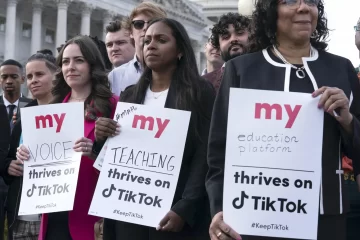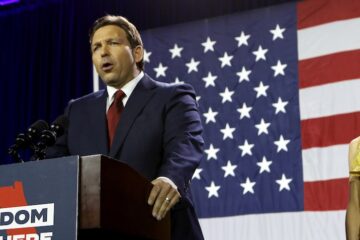Several days ago, President Donald Trump announced that the United States will be withdrawing its membership from the United Nations Educational Scientific & Cultural Organization (UNESCO) – the UN body maybe best known for its protection of world heritage sites. Although this move will not be complete until December 2018, it quickly dominated headlines as another example of the US withdrawing from the world stage.
To critics, Trump’s decision was panned as another ignorant step in the “America First” direction – a strike against another multilateral international institution. But according to the US State Department’s official press release, the “decision was not taken lightly, and reflects U.S. concerns with mounting arrears at UNESCO, the need for fundamental reform in the organization, and continuing anti-Israel bias at UNESCO”.
So how surprising is this really?
Not very. Withdrawing from UNESCO is an obvious political win for the president and one that already held precedent. In 2011, the Obama administration cut funding for the UN agency in protest of its decision to grant membership status to the Palestinian Authority. In a broader context, the US Congress cut funding to the body in 1974 and President Ronald Reagan withdrew the US from the organization in 1984. Obviously, this week is not the first time UNESCO has been used as a political cudgel.
This decision does not impact the day-to-day for a vast majority of Americans. It is an easy political “win” for President Trump who gets to burnish his “America First” credentials with pro-Israel and anti-UN conservatives. Additionally, Trump’s decision only officiated reality: UNESCO stripped the US of its voting rights in 2013, so the move is more symbolic than substantive.
However, we believe that the president’s decision is indeed indicative of US retreat from engagement with the international community under his administration. In light of other recent decisions – withdrawing from the Paris Climate Agreement, abandoning the Trans-Pacific Partnership negotiations and disparaging long-standing allies around the world – this decision only further damages US credibility abroad.
It is true that UNESCO has not always had a smooth relationship with the US. It also has a track record of engaging in hot-button international political issues, and if history is any precedent, this will not be the last time UNESCO becomes a political hot potato in American politics.
While it may be ideal that the US remains a member of the body to reform it, its withdrawal should be acknowledged as what it really is: something that matters not at all to most Americans. In light of that, the president would do well to focus his administration’s efforts on the real issues, the ones that substantively impact the average American.


